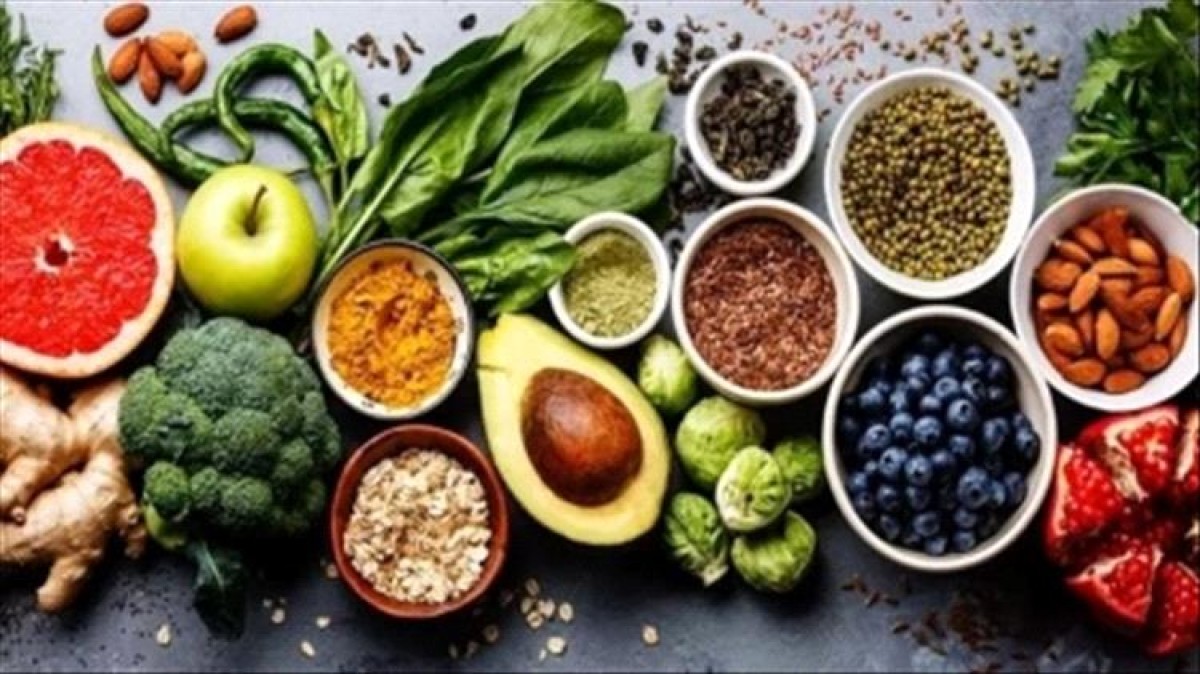The relationship of diet to colon health...beware of red meat...


Colon health is one of the vital factors in maintaining the health of the digestive system in general, and diet is one of the basic factors that directly affects the function and health of the colon. The colon, or large intestine, includes many important functions, including absorbing water and salts, and converting undigested materials into waste to be excreted outside the body.
The relationship of diet to colon health...
1. Effect of dietary fiber:
Fiber is an essential nutrient that contributes to colon health. Fiber is found in plant foods such as fruits, vegetables, and whole grains. Fiber plays an important role in speeding up bowel movement and preventing constipation. It also contributes to reducing inflammation in the colon, and reduces the risk of diseases such as colon cancer.
2. Saturated and trans fats:
On the other hand, some types of fat can negatively affect colon health. Saturated fats found in red meat and trans fats in processed foods may increase the risk of colon diseases such as cancer. Therefore, it is best to reduce your intake of these types of fats and focus on healthy fats such as omega-3 found in fish and vegetable oils.
3. Probiotics:
Probiotics, beneficial microorganisms, play a key role in colon health. Probiotics are found in fermented foods such as yogurt, kefir, and pickles. These bacteria help maintain the balance of intestinal flora, which enhances digestion and reduces the risk of intestinal infections.
4. Drink water and fluids:
Maintaining good hydration is essential for colon health. Water helps prevent dehydration that can lead to constipation, and helps the colon better absorb water from digested food. Therefore, it is recommended to drink sufficient amounts of water daily to maintain colon health.
5. Limit processed foods and sugars:
Eating large amounts of sugar and processed foods can harm colon health, as they increase the likelihood of intestinal disorders, such as irritable bowel syndrome. Therefore, it is preferable to reduce the consumption of foods rich in refined sugars and products containing preservatives and artificial colorings.
6. Effect of spices and caffeine:
Some foods, such as hot spices and caffeine, can affect colon health, especially in people with irritable bowel syndrome. These substances may further irritate the intestines, leading to digestive disorders and abdominal pain.
Proper nutrition plays a pivotal role in maintaining colon health and preventing intestinal diseases. By eating high-fiber foods, limiting processed foods, and focusing on probiotics and healthy fats, colon health can be promoted and digestion improved. Preventing intestinal diseases and maintaining the digestive system is important for maintaining overall health and daily comfort.